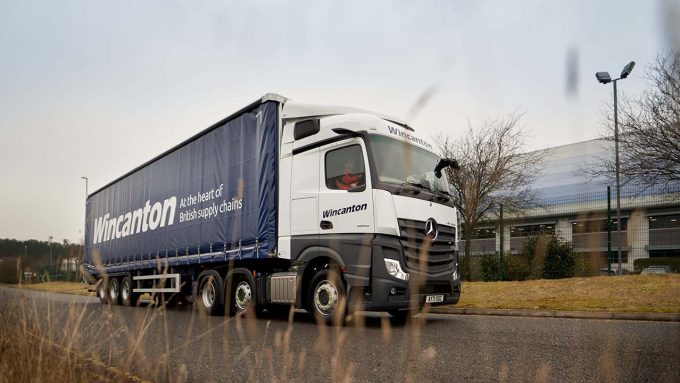Limp UK truck electrification rates hold back decarbonisation
Logistics chains are proving a liability for UK organisations trying to meet their 2030 climate ...

Major haulage customers, such as B&Q, Screwfix and Wickes, clothing retailers and supermarkets Asda and Waitrose, are warning of a softer market – but it seems it has yet to impact some LSPs.
Wincanton, which has some 8,500 trucks, today released its half-year results, showing revenues of £753.6m ($900,000), up 9.2% year on year, with pre-tax profits up 2%, to £28m, in the six months to the end of September.
Underlying ebitda was £57.4m, a 13% year-on-year increase.
But its retail customers could ...
Keep our news independent, by supporting The Loadstar
Volume surge and an early peak season? 'Don't celebrate too soon,' warning
Ecommerce likely the front-runner in resurge of transpacific trade after deal
China-US trade tariff pause could drive a rebound for transpacific rates
Shippers should check out the 'small print' in China-US tariff cuts
Service chaos from trade ban with India a problem for Pakistan shippers
Carriers impose 'emergency operation' surcharges on Pakistan cargo
15% rebate for box ships as Suez Canal Authority woos carriers


Comment on this article